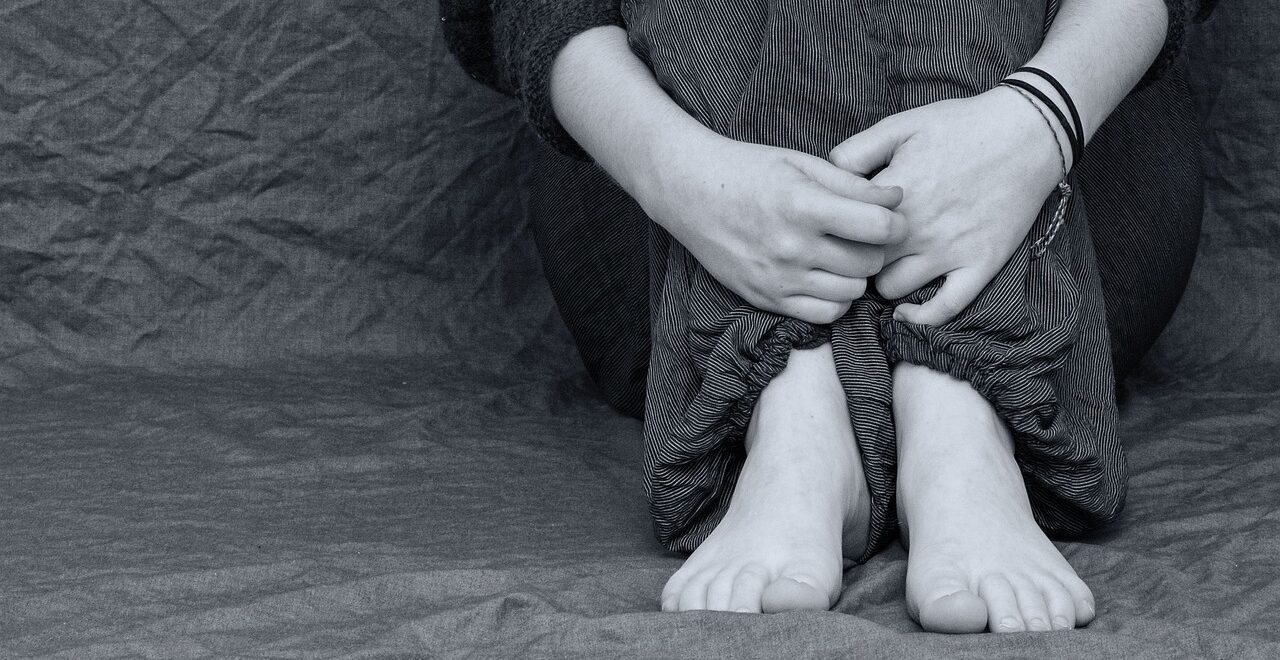Being instructed to simply “cheer up” or “snap out of it” is not beneficial for individuals struggling with depression. If only others understood the constant battle against feelings of hopelessness and helplessness. Depression can make it incredibly challenging for individuals to experience any sense of joy in their lives. It often leads to isolation, causing individuals to become mere shadows of who they once were. They feel overwhelmed with sadness, emptiness, and worthlessness. Many may not even realize that they are suffering from a clinically recognized disorder.
So, how can we support someone dealing with depression? Firstly, it is crucial to assure them that they are not alone in their struggles. Depression is a widespread issue, affecting approximately 1 in 6 individuals worldwide and impacting various aspects of their lives such as work, school, and family relationships. Secondly, it is important to emphasize that depression is not their fault. It is a mental health disorder that develops gradually over time. Individuals do not choose to be depressed and cannot simply overcome it on their own.
One of the most effective ways to assist someone with depression is to offer a listening ear without judgment and provide unwavering support. Being there for them and showing empathy can make a significant difference in their journey towards healing and recovery.
Recognizing symptoms of depression in loved ones can be a challenging task. It may raise concerns when your partner starts avoiding you or when you notice your mother crying frequently. People often exhibit unusual behavior following a life-changing event, making it difficult to differentiate between a temporary low mood and chronic depression. One way to gauge the severity of their emotional state is by observing the duration of their symptoms. While it’s normal to feel sadness and distress after a troubling event, persistent signs of depression lasting more than two weeks should prompt a conversation. Common indicators of depression include constant feelings of sadness, frequent tears, a sense of hopelessness and helplessness, difficulty making decisions, lack of enjoyment, excessive worry, thoughts of self-harm or suicide.
Physically, you may notice changes in their weight, increased complaints of pain, or fatigue. Depressed individuals often isolate themselves, lose interest in activities they once enjoyed, and struggle to engage with others. In older individuals, depression may manifest as neglect of personal care, lack of appetite, or social withdrawal.
If you suspect someone is struggling with depression, it’s important to offer support and encourage them to seek professional help. By recognizing the signs and reaching out to them, you can help your loved one navigate through their difficult emotions and find the necessary resources for recovery.
Recognizing depression can be difficult for some individuals, and they may not realize they need help. One way to approach this is by recommending a visit to the doctor to inquire about medication or guiding them towards local support groups. Depression is a complex condition that can impact various aspects of a person’s well-being, so a comprehensive treatment plan that includes psychotherapy, medication, and alternative therapies is often the most effective for long-term recovery.
Cognitive Behavioral Therapy (CBT) is a form of therapy that focuses on the connection between thoughts, emotions, and behaviors. It can be beneficial for individuals struggling with depression by helping them break down overwhelming emotions into more manageable parts. Additionally, CBT can also address other issues such as insomnia and substance abuse. If a loved one is dealing with an addiction as a result of their depression, an intervention involving family and friends can be a helpful step towards getting them professional help. Enrolling in a residential rehab program can address the physical effects of substance abuse and provide a fresh start for intensive therapy.

